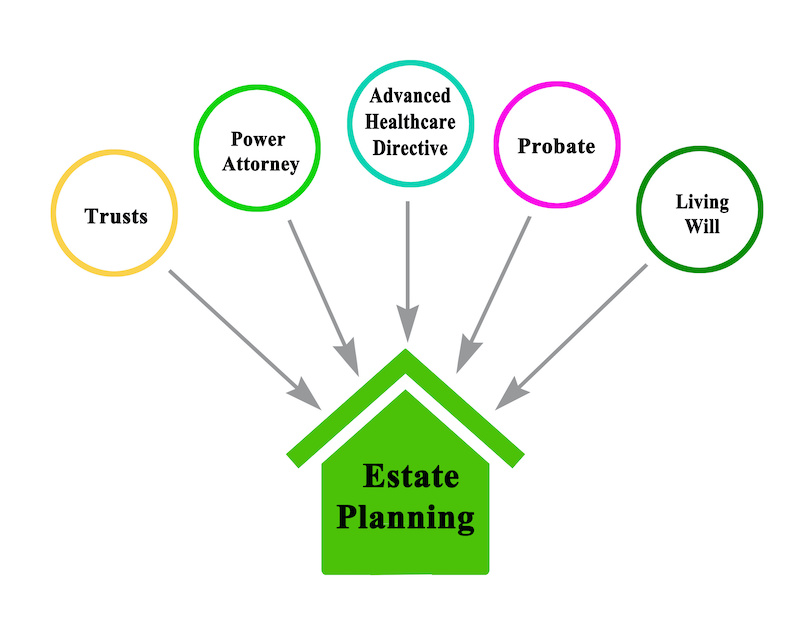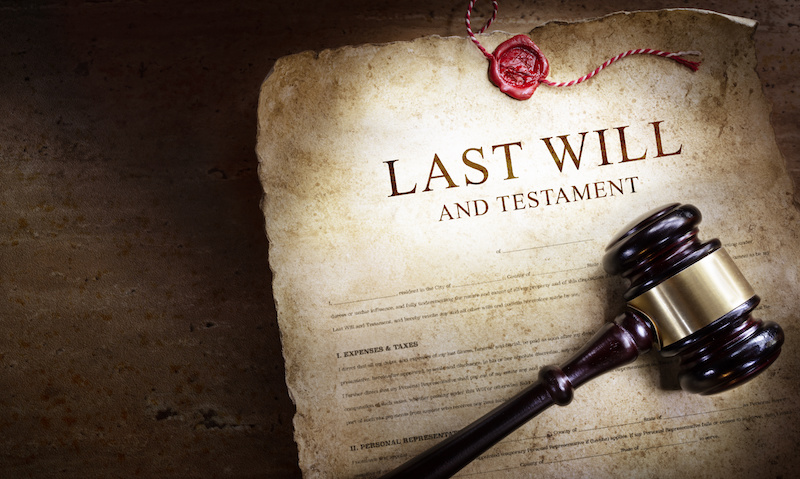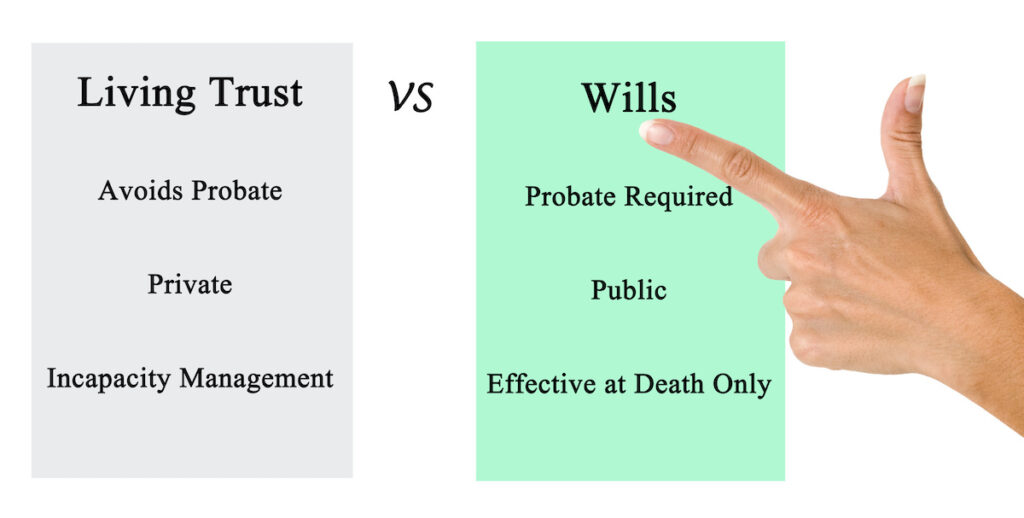
Wills vs Probate — what is the difference? Death is a personal and private affair that affects the deceased’s close family and friends. However, there is at least one aspect of death that may require state oversight: probate. Probate is the court-supervised process of either:
- Carrying out the instructions laid out in the deceased’s will or
- Applying state law to distribute a deceased’s accounts and property to their family members. This applies if the deceased died intestate.
The main purpose of the probate process is to distribute the deceased’s money and property. What’s more, they must do so in accordance with the will or state law. Not all wills, and not all accounts and property, need to go through probate court. And just because a will is filed with the probate court does not mean a probate needs to be opened. But whether probate is necessary, most state laws require that the creator of the will file with the court.
Understanding Wills vs Probate vs Estates

Estate
These consists of everything that a person owns—including their personal possessions, real estate, financial accounts, and insurance policies. Virtually everyone leaves an estate when they die
Will
The legally valid written instructions that a person creates describing how they want their money and property distributed upon their death. Wills are highly recommended, but there is no legal requirement to have one. To make a will legally valid, it must be properly executed in accordance with state law. Executing a will involves signing the document in front of witnesses. Additionally, at the time of signing, the creator must have capacity (i.e., be of sound mind).

Probate
This is the legal process that formally distributes the accounts and property that are in the decedent’s sole name, do not have a beneficiary designated, and have not been placed into a living trust prior to the decedent’s death (sometimes referred to as probate assets). During probate, a decedent’s probate assets are identified and gathered, their debts are paid, and the probate assets are distributed to beneficiaries named in the will or their heirs as determined by state statute if there was no will.
Wills Vs Probate

The person nominated in the will to act as executor (sometimes called the personal representative) files a copy of the death certificate, the original will, and any required documents or pleadings with the probate court. If the person nominated in the will does not file these documents with the court, state statute will determine who else has priority to make such filings (possibly another family member, an attorney, or even a creditor of the decedent).
Avoiding Probate

In some cases, avoiding probate altogether can cut down on the amount of time it takes to wind up a deceased person’s affairs. There are also other reasons to avoid probate, such as keeping probate filings out of the public record and saving money on court costs and filing fees.
Filing a Will Versus Opening Probate
Filing a will with the probate court and opening probate are separate actions. A will can be filed whether probate is needed. Remember that probate is needed only under certain circumstances, such as when the decedent passed away while owning probate assets. Further, not only can a will be filed with the court when a probate is not needed, some state laws require it.
Avoid Probate Issues When Drafting a Will

Probate avoidance may be one of your goals when creating an estate plan. You should also consider implementing tools in your estate plan to minimize issues that may arise if your estate does require probate.
About Skvarna Law Firm in Glendora and Upland, California
Skvarna Law Firm operates offices in Glendora and Upland, California. We provide legal services. We cover San Bernardino, Los Angeles, Orange, and Riverside Counties. This includes several cities. Upland, Ontario, Rancho Cucamonga, Fontana, Colton, Rialto, Chino, Chino Hills, Glendora, Claremont, Pomona, La Verne, Montclair, San Dimas, Azusa, Covina, West Covina, Diamond Bar, Walnut, La Puente, Corona, Norco & Mira Loma. Visit SkvarnaLaw.com to learn more.


